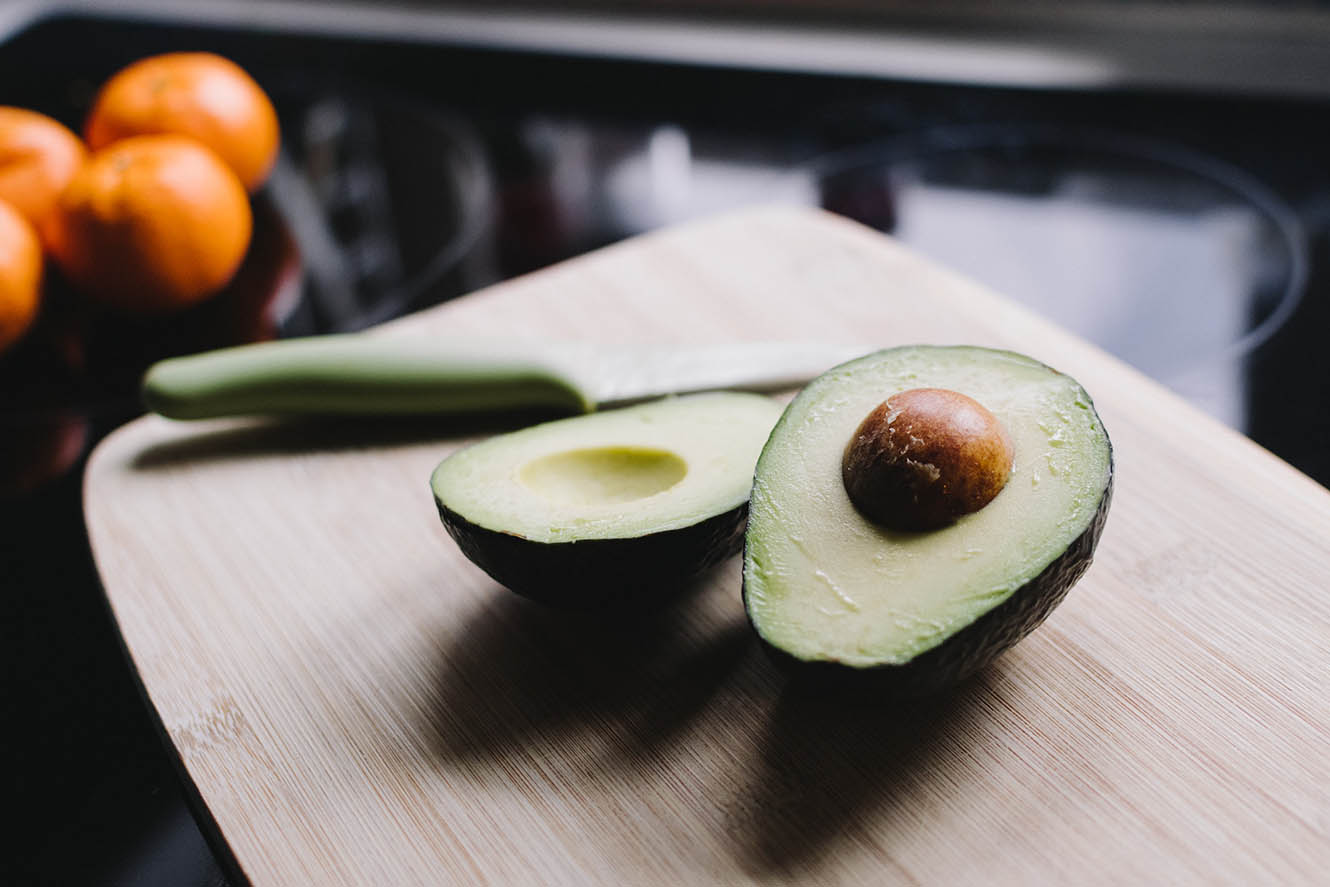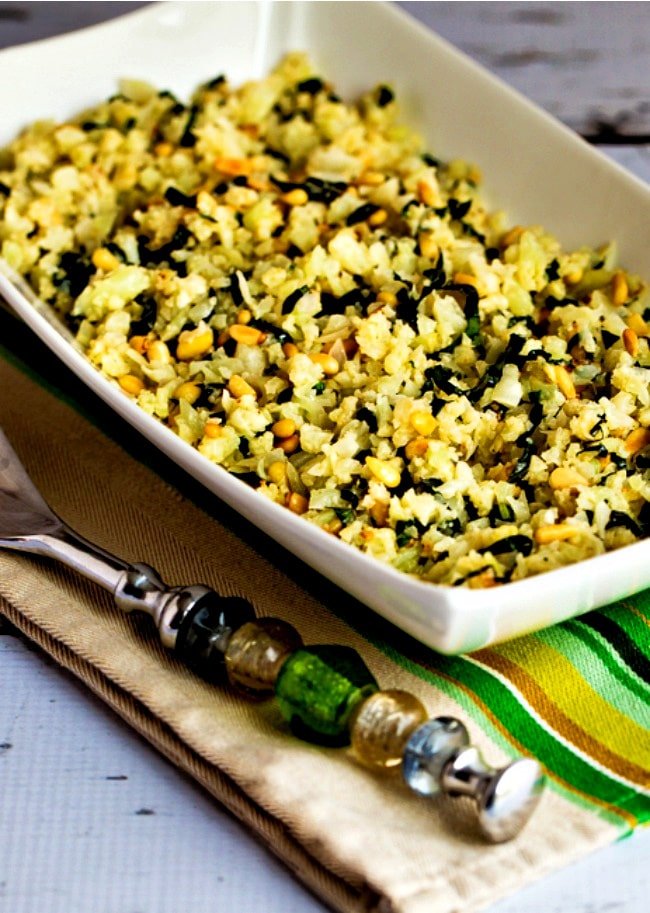How Sustainable is eating Avocado? – Sustainable Lifestyle – Luxiders
Avocado Crisis
When looking at the facts, the answer appears easy: avocado farming is causing deforestation, endangering wildlife, funding drug cartels, and contributing to water crisis in many regions of the Global South, where it’s mostly produced. So, yes: as today those are side effects of our healthy eating, but how should we consequently re-act ethically? Should we stop eating our favorite food altogether? This may be a bit harder to figure out… As for now, this isn’t necessarily the most ethical solution. Let’s find out why.
Mexico is the absolute number one producer of avocado in the world, with its 2 million tonnes of avocados produced annually, it more than doubles the second world producer: the Dominican Republic; in 2017 it produced alone around 40% of global avocado supply. Locally, the green fruit has been known as “Oro Verde” (green gold) but in recent years, in the Michoacán region, the Mexican state that produces around 80% of the avocados in the country, it also became popular as “Diamante de sangre” (blood diamant). In the last 20 years Avocado consumption raised more than 300% to an export industry of 2.3 billion dollars. Such a lucrative industry didn’t leave the Mexican drug cartels indifferent. As today, various drug cartels are fighting over the regional control of the attractive avocado farming and market, with enorm costs in terms of lost lives and money: victims are farmers and other local actors, who are forced to pay percentage based on the size of their land propriety for protection, or loose trucks of harvested avocados ready to export to the armed cartels.
For Spain, California and other avocado’s producer, the green fruit is a seasonal one. Mexico’s climate, and in particular Michoacán volcanic soil, make it the only place in the world, where this plant is able to grow all year around. This specific combination of climate and soil, is also home of the pine-oak forest, whose microhabitants, like the wonderful Monarch butterfly, are essential for our much bigger ecosystem. For local landowners and farmers of environmentally protected land, our always rising demand for avocados makes it a too attractive market: avocado plants are set to grow under the pine forest, to make it difficult to detect at first, and only after deforestation is needed for the plants underneath to gradually become more sunlight. In figures: the Michoacán region clears yearly around 20.000 hectares of pine forest to agriculture.



